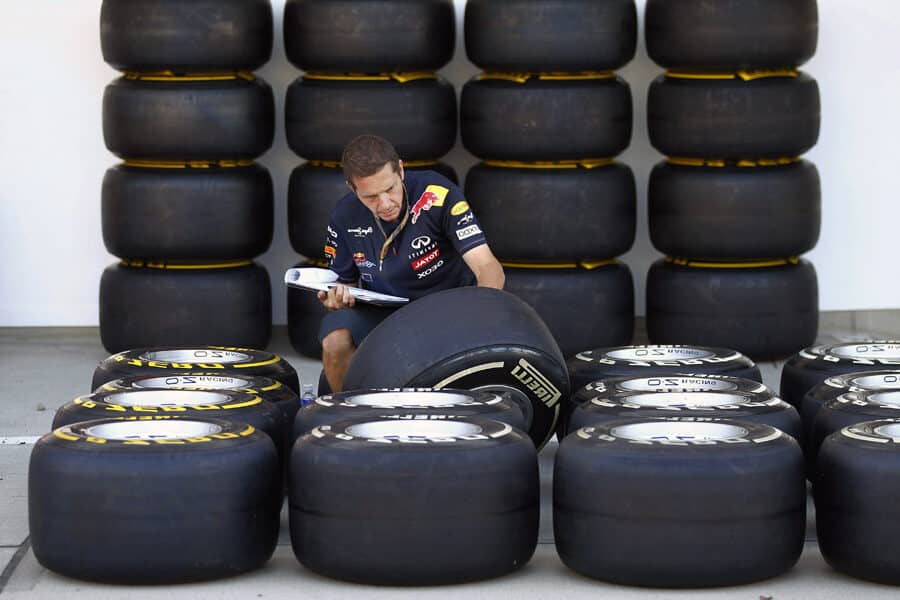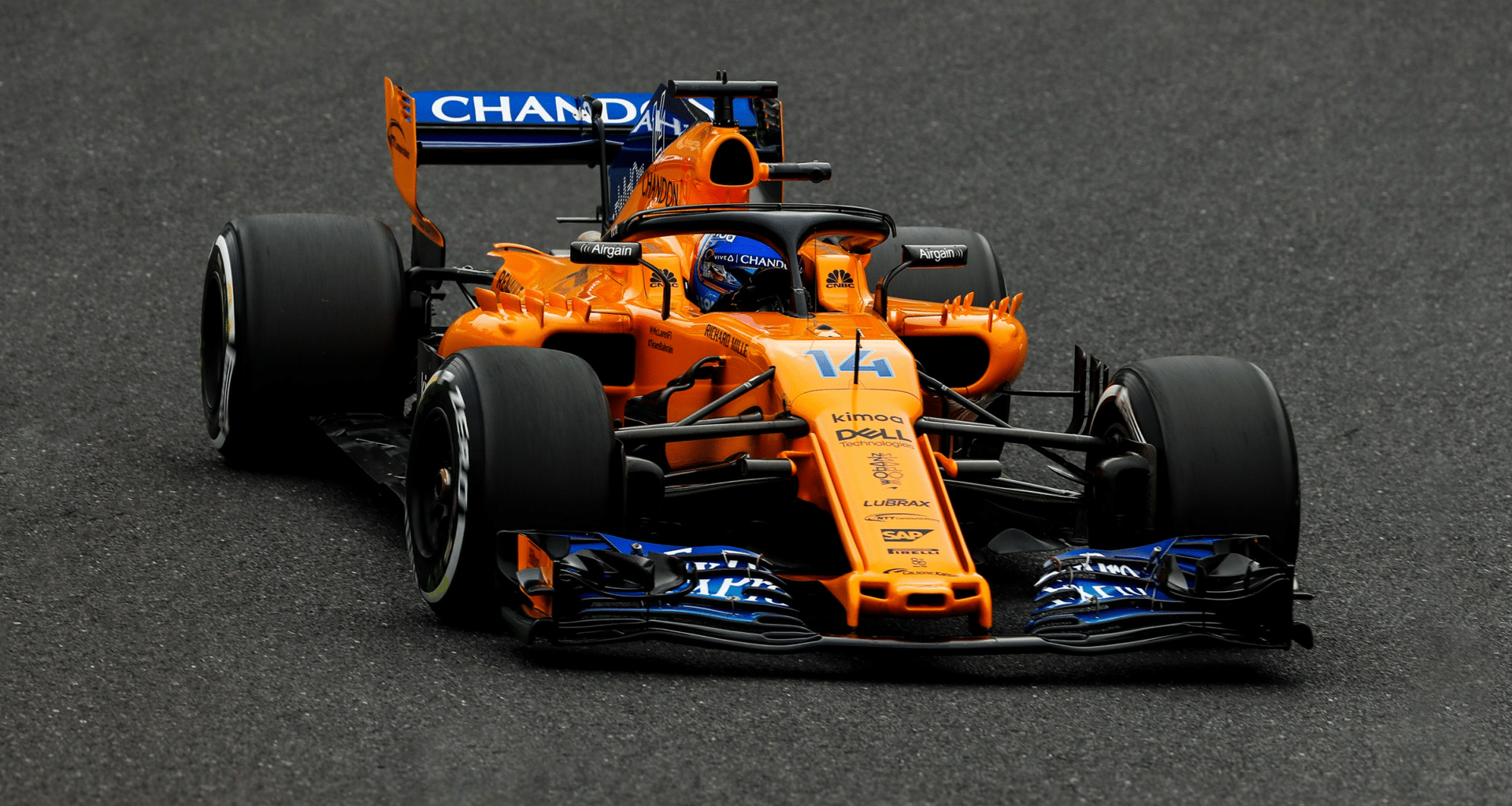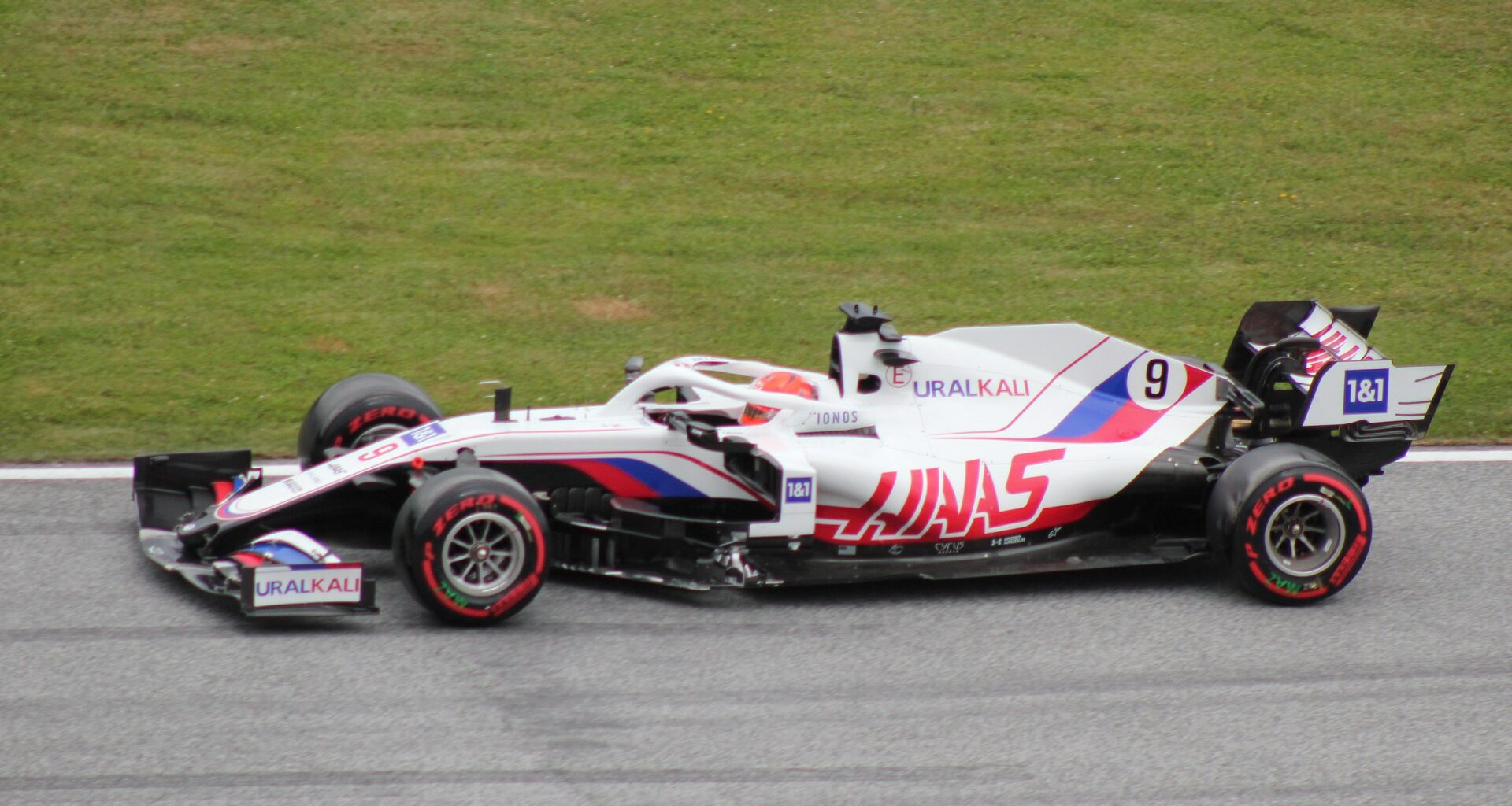Formula One (F1) tires are a crucial component of race performance, with each set costing about $2 700 USD (£2 133). For a Grand Prix weekend, where each F1 team requires 13 sets per driver, the total price of tyres per race per driver amounts to $35 100 (£28 205).
However, teams do not directly pay for the total cost of the tires; instead, they pay a flat fee for a season’s worth of tyres. Pirelli is the exclusive supplier of F1 tires, holding the contract until at least 2024.
The high cost of F1 tire blankets, used to warm tyres to optimal temperatures quickly during races, can reach up to $27,845 usd (£22,000) per car for an F1 weekend. These tire blankets play a crucial role in ensuring peak tire performance by regulating temperature and pressure across the tire structure.
The price of tyres for an F1 vehicle in a season is a staggering $807 300 (£637 828) per driver. This is a significant portion of the team’s budget, considering that teams are allowed to spend a maximum of $135 million (£106 millions) on materials and activities related to car performance.
Table of Contents
Who Bears the Cost of F1 Tires?
One might wonder who bears the cost of these expensive tires. Contrary to popular belief, F1 teams do not pay for the total amount of the tires. Instead, they pay a flat fee for the season. This fee covers the price of tyres for all races, testing, and practice sessions.
The flat fee system ensures that all teams have equal access to tires, regardless of their budget. This is a crucial aspect of maintaining fair competition in the sport. However, the fee of tyres blankets and other tire-related expenses are borne by the teams themselves.
The price of tires is a significant financial burden for teams, especially for those with smaller budgets. However, it’s a necessary expense, considering the crucial role tires play in the performance of an F1 car.
The Sole Supplier of F1 Tires: Pirelli
Pirelli has been the exclusive tyre supplier for F1 races since 2011. The Italian company has a long history in motorsport, and its tires are renowned for their quality and performance.
Pirelli’s exclusive supply deal means that all teams use the same tires, ensuring a level playing field. However, this also means that teams have no choice but to accept the cost of Pirelli’s tires, which can be significantly higher than those of other manufacturers.
Pirelli’s exclusive supply deal is a testament to the quality and performance of its tires. Despite the high price, teams are willing to pay for Pirelli’s tires because of the performance benefits they offer.

The Reason Behind Exclusive Use of Pirelli Tires in F1
The exclusive use of Pirelli tires in F1 is primarily due to the Italian company’s ability to provide high-quality tires that can withstand the extreme conditions of F1 racing. Pirelli’s tires are designed to provide optimal performance at high speeds and under heavy braking and cornering forces.
Moreover, Pirelli’s exclusive supply deal ensures that all teams use the same tyres, which helps maintain fair competition. This is crucial in a sport where even small differences in equipment can have a significant impact on performance.
Lastly, Pirelli’s exclusive supply deal allows the company to tailor its tyres to the specific needs of F1. This means that Pirelli can develop tires that are specifically designed for the unique demands of F1 racing, which is not possible with multiple tire suppliers.
The High Cost of F1 Tire Warmers: A Surprising Revelation
The fee of F1 tires is not limited to their purchase price. One of the most surprising revelations is the high price of F1 tyre warmers. These devices are used to heat the tires before the race, ensuring optimal grip and performance.
F1 tyres blankets cost as much as $27525 per car to operate over a race weekend. This is a significant expense, considering that each team is allowed to spend up to $135 million on their car over the course of a season.
Despite the high price, teams are willing to invest in expensive tire blankets for performance gains. Even small improvements in tire temperature can result in significant performance gains, making tyres warmers a crucial part of an F1 team’s equipment.
The Evolution and Impact of Tire Costs in F1 Racing
The cost of F1 tires has evolved significantly over the years. In the early days of F1, tires were relatively cheap and simple. However, as the sport has evolved, so too have the tires.
Today’s F1 tires are highly advanced pieces of technology, designed to provide optimal performance under extreme conditions. This has resulted in a significant increase in their price. However, it has also resulted in improved performance and safety.
The high fee of F1 tyres has a significant impact on the sport. It’s a major financial burden for teams, especially those with smaller budgets. However, it’s also a necessary expense, considering the crucial role tires play in the performance of an F1 car.

The Financial Implications of F1 Tire Costs for Teams
The high fee of F1 tires has significant financial implications for teams. It’s a major expense that must be factored into a team’s budget, along with the cost of the car, engine, and other equipment.
Moreover, the price of tyres can have a significant impact on a team’s performance. Teams that can afford to invest in tyre development and technology are likely to have a competitive advantage over those that cannot.
However, the flat fee system for tyre costs helps maintain fair competition by ensuring that all teams have equal access to tyres. Despite the high fee, the financial implications of tire costs are a necessary part of competing in F1.




